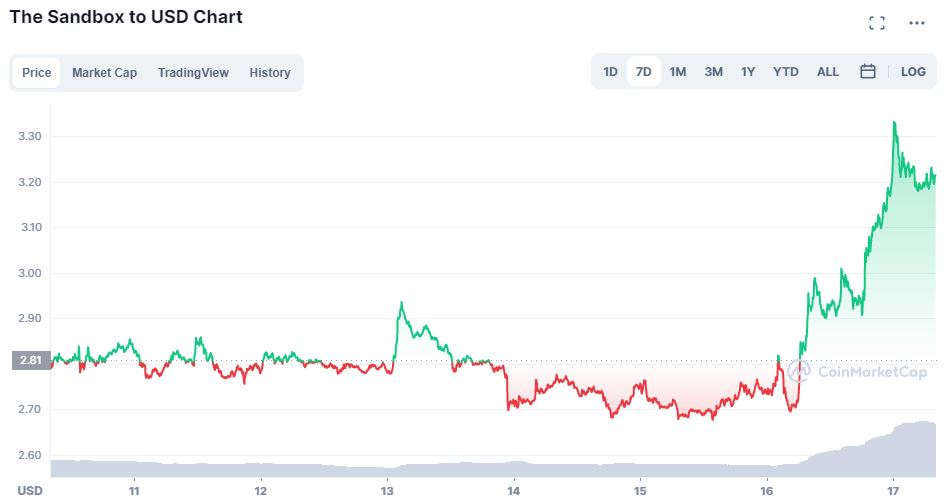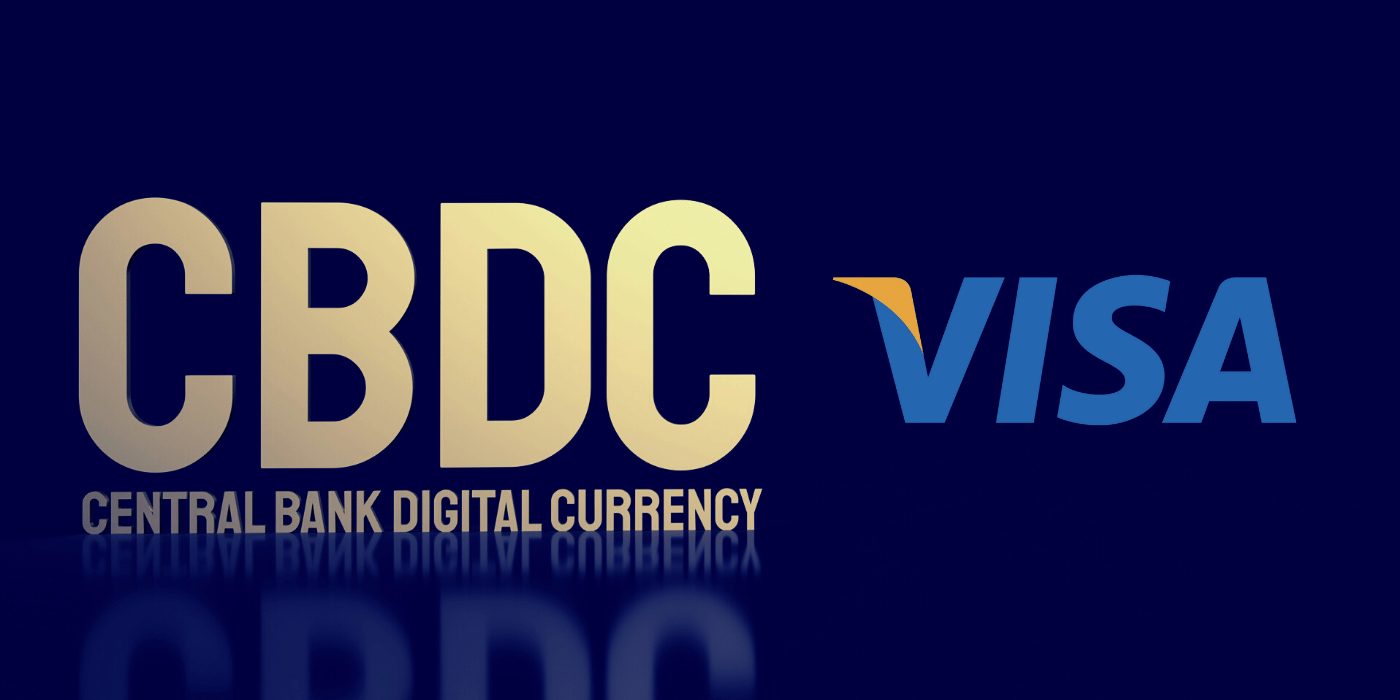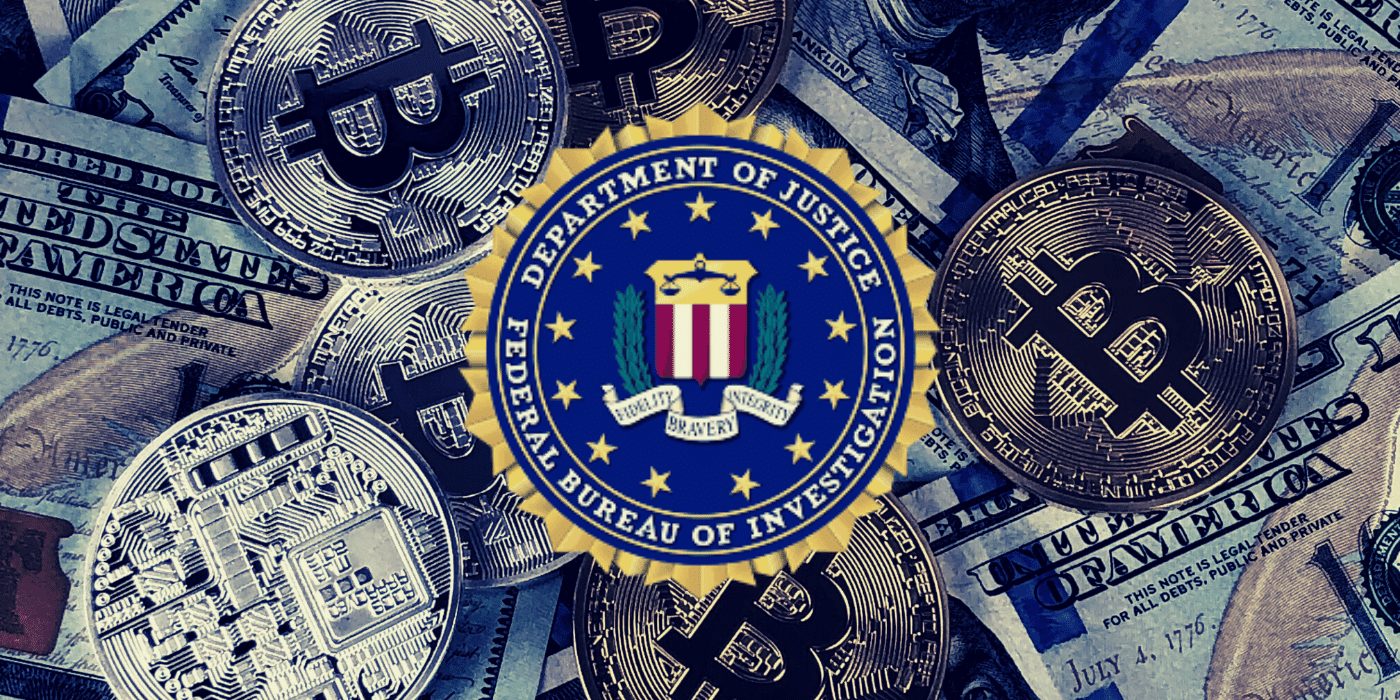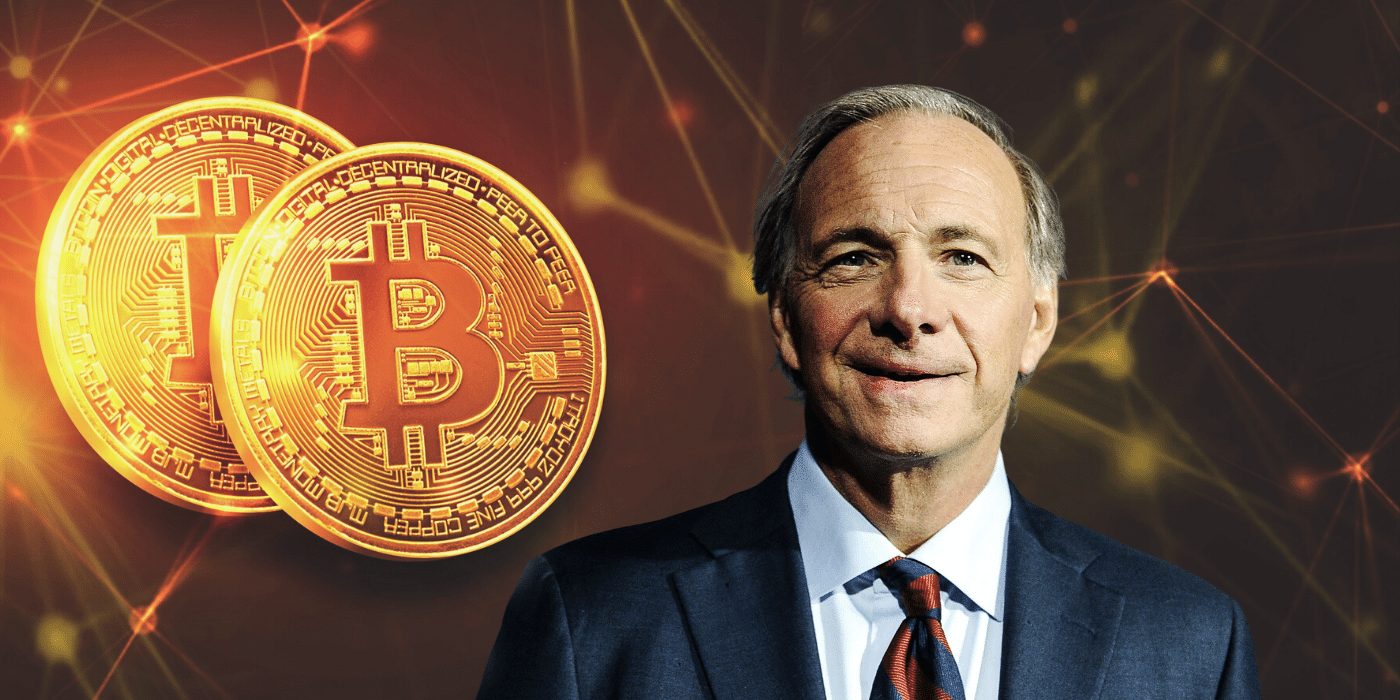One of the world’s largest banking and financial services organisations – with assets worth US$2,958 billion as at December 31, 2021 – has bought space in the metaverse. HSBC aims to take sports engagements to the next level by buying plots of LAND in The Sandbox (SAND) and dedicating it to esports and gaming enthusiasts.
According to a blog post from Sandbox, the banking giant will be purchasing a considerable amount of LAND in the metaverse to create a space where esports and gaming enthusiasts can connect.

Sandbox hopes this will open the doors for other institutions to join the metaverse as a new platform to reach out and create better-gamified offerings. HSBC joins over 200 existing partnerships including Gucci, Warner Music Group, Ubisoft, The Walking Dead, Snoop Dogg and Adidas, among some other big names.
Through our partnership with The Sandbox we are making our foray into the metaverse, allowing us to create innovative brand experiences for new and existing customers. We’re excited to be working with our sports partners, brand ambassadors, and Animoca Brands to co-create experiences that are educational, inclusive and accessible.
Suresh Balaji, chief marketing officer, Asia-Pacific, HSBC
With the metaverse market forecast to grow from US$45.4 billion in 2019 to a staggering US$1.5 trillion in 2030, according to PWC, other institutions are trying to find their niche in the metaverse.
SAND Token Spikes After News
The native SAND token from the Sandbox project saw a spike up from the US$2.80 zone where it has been ranging for the past few days. At the time of writing the coin had gone up to US$3.21, a near 15 per cent increase. However, the coin is still 65 per cent down from its all-time high in November.

HSBC Bans Binance Crypto Purchases
To some extent, HSBC still has its reservations toward crypto. Since August 2021, the bank has suspended payments to Binance and has also barred its clients from investing in stocks of companies that hold bitcoin, such as Microstrategy or Block:
In early 2021 the bank said it had “no plans to launch a cryptocurrency trading desk” or offer cryptocurrencies as investments to customers, Reuters reported.
As the adoption of crypto steadily increases, more and more large institutions are opting to embrace it. In November 2021, ING, the Dutch financial service giant – with US$1 trillion under management – started looking into DeFi, while Australia’s CBA is also supporting crypto purchases, making it the first bank down under to do so.













